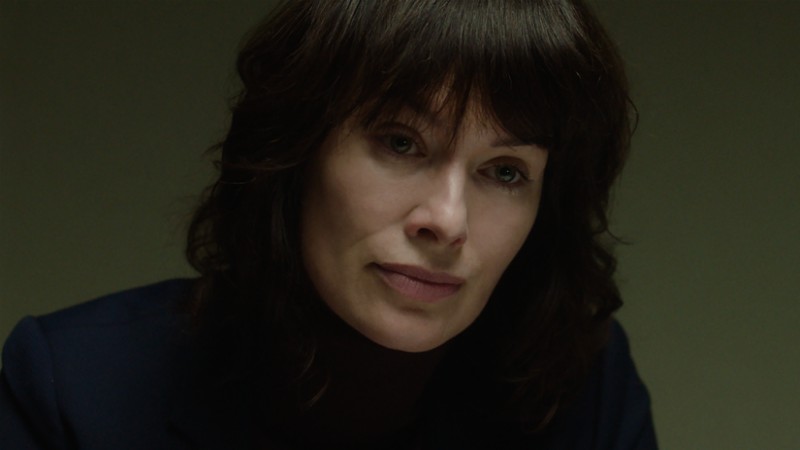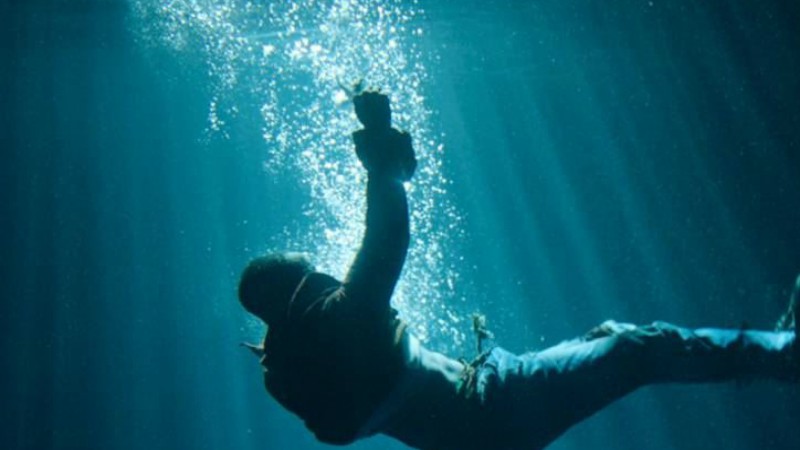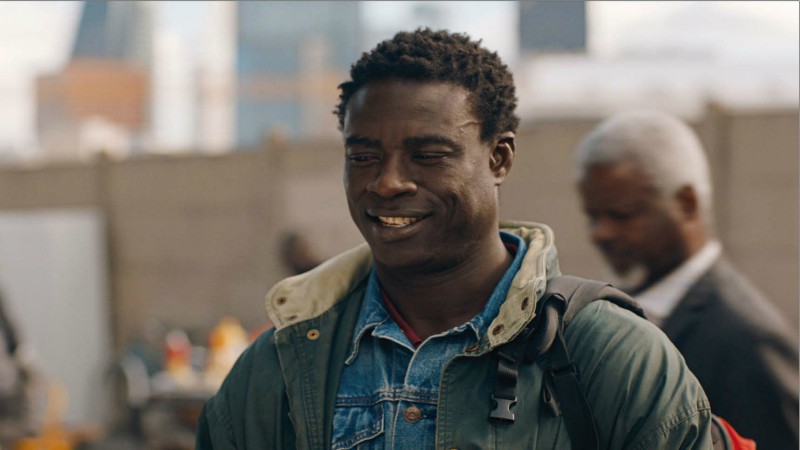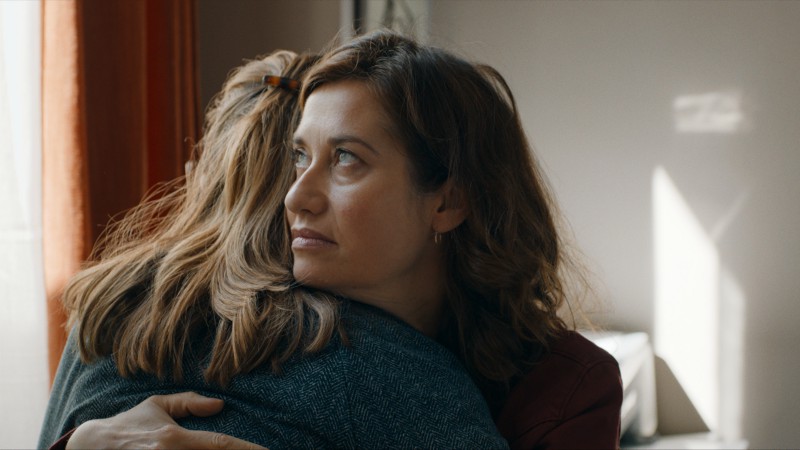Even the most heartless among the population cannot have been drawn in by the suffering and hardships being felt by the Ukrainian people following the invasion of their sovereign land at the hands of Vladimir Putin and his Russian army. The sight of millions fleeing from their homes in search of safety is something that is very hard to watch without being emotionally affected.
Of course, there are, sadly, plenty of similar stories playing out in other areas of the world, some of which don’t get as much coverage on our screens as they deserve, but with this latest war taking place in Europe, there are connotations and connections to how WW2 began and one wonders what might happen next to those who are holding firm and remaining in their homeland.
Many filmmakers have attempted to tell poignant stories around the subject of refugees and forced migration, as well as tales that relate to economically fuelled movements of people, such as those of Oleg Sentsov and some have proven more successful (both in terms of commercial performance and critical acclaim) than others.
Here are my favourite five films of such genre, with very effective storytelling devices. They are listed in order of preference (my favourite ones at the top):
…
.
1. In This World (Michael Winterbottom, 2003):
From filmmaker Michael Winterbottom, this docudrama is so realistic that you’ll think that the footage comes from some stock video taken directly from the events that are being fictionalised.
The story follows two Afghan refugees traveling from a refugee camp in Pakistan and attempting to get to London. Winterbottom covers everything in a visceral way that makes what you are viewing almost seem like a documentary but is, in fact, a dramatisation. The choice of two non-professional actors in the lead roles was a stroke of genius as it adds realism to the piece.
The realistic nature of the subject matter makes it very tough viewing, especially when one of the two main characters suffocates to death in a shipping container, and the ending has an uplifting but surreal quality to it that in some ways mirrors the trials and tribulations that face the modern refugee experience.
In This World is also pictured at the top of this article.
.
2. District 9 (Neill Blomkamp, 2009):
Though this movie is strictly a science fiction film, it cleverly uses the aliens as a metaphor for the refugee experience, and though the film is a satirical take on the situation, it is also a very effective way to approach the topic.
The film helped launch the career of its director Neill Blomkamp and is a take on his take on the apartheid era in his native South Africa. It’s darkly comic but is also very moving when
it’s necessary, and the whole premise is cleverly put together, and the movie proved to be a box office success.
.
3. Hotel Rwanda (Terry George, 2005):
This 2004 release tells the true story of hotelier Paul Rusesabagina who attempted to save the lives of thousands of refugees during the Rwandan civil war in the mid-1990s. It’s a harrowing film that tells the story of genocide and political corruption, and it earned its lead, Don Cheadle, a much deserved Oscar nomination.
It shows how the outside world largely ignored the plight of millions in the country and how the UN largely watched on and were unable or unwilling to prevent the massacre of millions.
.
4. The Visitor (Tom McCarthy, 2006):
This indie film is something of a low-key look at two refugees looking to make a life for themselves in unfamiliar territory but is, interestingly, also a study of a local who seeks to assist them while going through something of an existential crisis.
The Visitor is something of a refreshing take on the subject of immigration. In the film, a college professor (excellently played by ever-reliable character actor Richard Jenkins) returns to his Manhattan apartment, which he hasn’t visited for some months on account of living ostensibly in Connecticut, to find a young couple living there.
He forms a close bond with the pair, and he gets to see how they seek to make a fresh start to their lives, having fled Syria, and this, in turn, helps him to see the meaning in his own.
.
5. In America (Jim Sheridan, 2003):
This touching drama is something of a biographical piece by Irish director/writer Jim Sheridan, based on his experiences of moving to New York from his native Ireland.
The movie charts the ups and downs of a young family, with outstanding performances by both Paddy Considine and Samantha Morton and their young children (played by Sarh and Emma Bolger), and the lives of those who live in their tenement block.
It received universal acclaim and led to Oscar nominations for Morton and Djimon Hounsou, who portrays a tortured artist who touches the family’s lives and shows us how a family deals with the upheaval of moving to a new world and the joys and heartaches that ensue.












